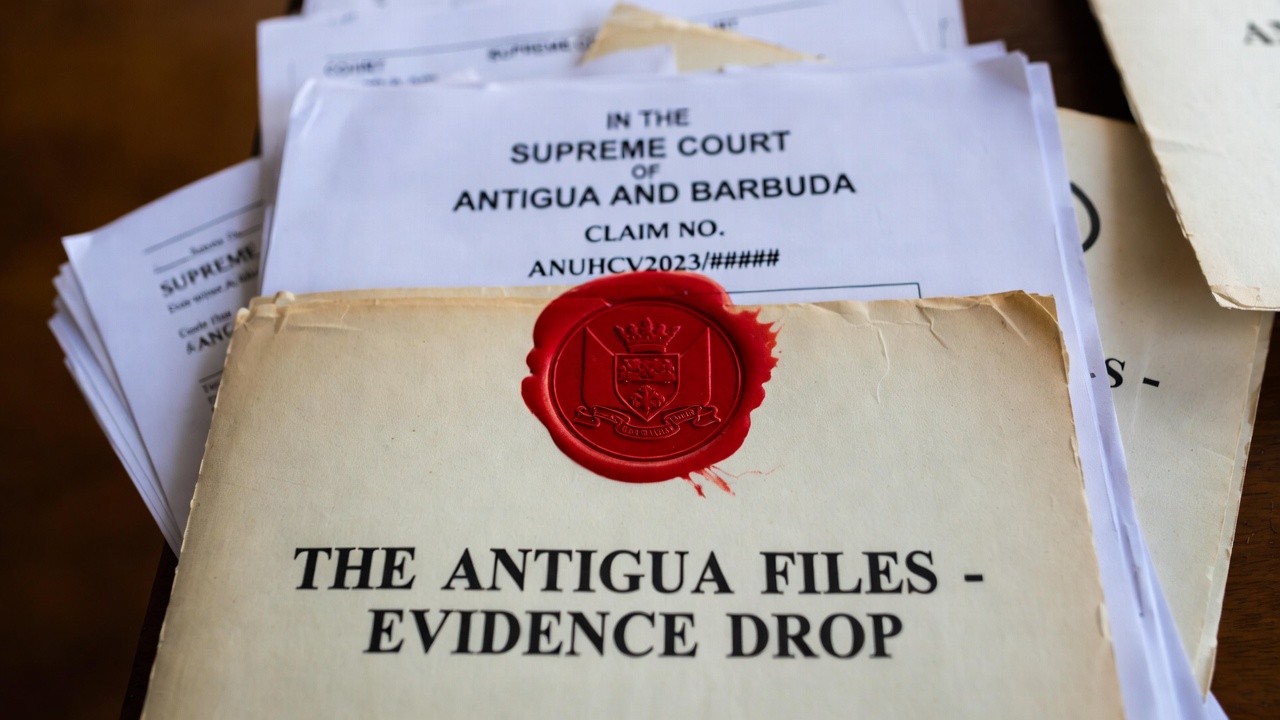Farmers in Zambia have filed an $80bn (£58.5bn) lawsuit against two Chinese-linked firms, blaming them for an 'ecological catastrophe' caused by the collapse of a dam that stored waste from copper mining.
Millions of liters of highly acidic material spilled into waterways in February, leading to 'mass fatalities' among fish, making water undrinkable and destroying crops, the farmers said in court papers.
This is one of the biggest environmental lawsuits in Zambia's history, with the farmers asserting that the spillage affects approximately 300,000 households in the copper-mining region.
The US embassy issued a health alert in August, bringing attention to the 'widespread contamination of water and soil' in the area.
The lawsuit pits villagers, who are mostly subsistence farmers, against Sino Metals Leach Zambia and NFC Africa Mining, subsidiaries of Chinese state-owned firms.
A group of 176 farmers filed papers on behalf of their community in the High Court in Zambia's capital, Lusaka. They alleged that the dam collapse resulted from engineering failures, construction flaws, and operational mismanagement.
While the firms have not commented on the lawsuit, Sino Metals Leach Zambia reported a spillage of about 50,000 cubic meters, stating that the situation was brought under control shortly after detection.
Farmers highlighted that they learned about the water's toxicity days after the disaster, which put the community's health at risk. Symptoms reported included blood in urine and chest tightness.
With wells also polluted, many crops had to be burned due to safety concerns, prompting the farmers to demand that the two firms deposit $80bn into a Zambian government-managed account for environmental reparations and compensation.
An emergency fund of $20m should additionally be established to provide immediate help to those affected and conduct thorough health and environmental assessments.
In response to the environmental concerns, the US embassy ordered the withdrawal of its personnel from the region due to potential airborne contaminants from the mine tailings. However, Zambian government spokesperson Cornelius Mweetwa downplayed health implications, stating there was no need for alarm.




















